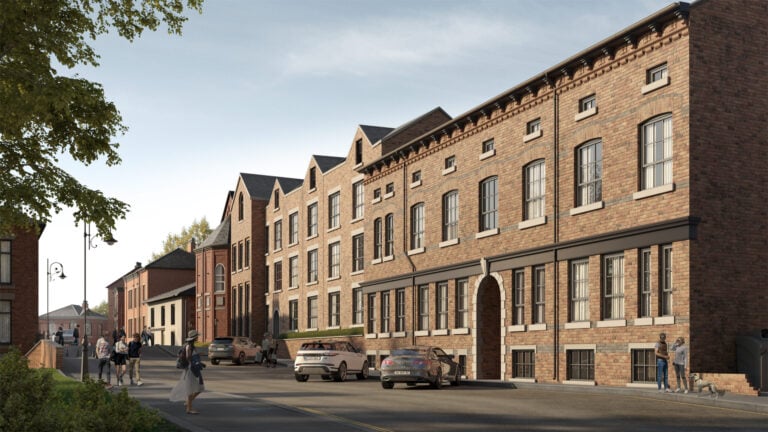Thousands of people are about to enter their fifth month of working from home. With more firms now committing to making long-term changes to their home-working options, the property sector is adapting, too.
The past few months have led to some drastic changes in people’s lives. More than a quarter of workers were ‘furloughed’, with some beginning to return to work in recent weeks. Around half of the UK workforce have also been doing either some or all of their work from home, and a reported 34% will continue to do so indefinitely.
This has meant significantly more time spent within the household. What’s more, many employers – from large corporations to small businesses – have announced that they will be extending homeworking much further into the future. For some, the offer to work from home will be on the table indefinitely.
The coronavirus legacy on UK property
This shift in working habits could be extremely significant for the property market, and it has already sparked new trends. Many agents are reporting a spike in people looking for properties with outside space as well as more rooms for home offices.
Location preferences are also changing, as many people’s commuting requirements may have now disappeared. While living close to good transport links and amenities is still important to most homeowners and tenants, there may now be more flexibility if the property ticks all the boxes.
According to a survey from the Guild of Property Professionals, a home office is now important to 21% of people. The survey also showed that people are now willing to live an average of 56 miles from their office. This is a major rise from 23 miles pre-lockdown.
Iain McKenzie, CEO of The Guild of Property Professionals, said: “Not having to commute as much means that people now have more freedom of choice when it comes to where they live and they are able to explore areas that are further out but offer them more for their money.”
Will Manchester be the “new London”?
Interestingly, there is a sentiment shift away from London, according to the research. Although 41% still believe that London will always be at the heart of UK business, other cities are gaining in importance. Around a fifth (18%) of people think Manchester will be the “new London”, and a further 13% think Birmingham will overtake the capital.
Londoners are the most likely candidates for being told they will continue to work solely from home, says the report. Around 56% of people working in London said they may now be home-working full-time. This massively reduces the need to live in or extremely close to the city, opening up options further afield.
Iain McKenzie added: “With Londoners most likely to now be working from home, there is likely to be more and more people moving out of the city to homes that offer more but cost less.”
Landlords and tenants
The new trends are affecting all tenure types, not just homeowners looking to buy. For tenants in the private rented sector, too, priorities will continue to change.
If anything, flexibility in housing options is even more important for renters. Therefore, landlords who can adapt to these new preferences will attract tenants looking for a property suited to their lifestyle. Any form of outside space, or even proximity to easy-access outdoor space, will be a plus. A good broadband connection is also more of a priority than ever.
Build-to-rent is a good example of a property type adapted to modern ways of working. Many buildings come with dedicated areas for working, and these are likely to see heavier usage now. It offers residents a way to work from home while being away from the distractions of the household.









